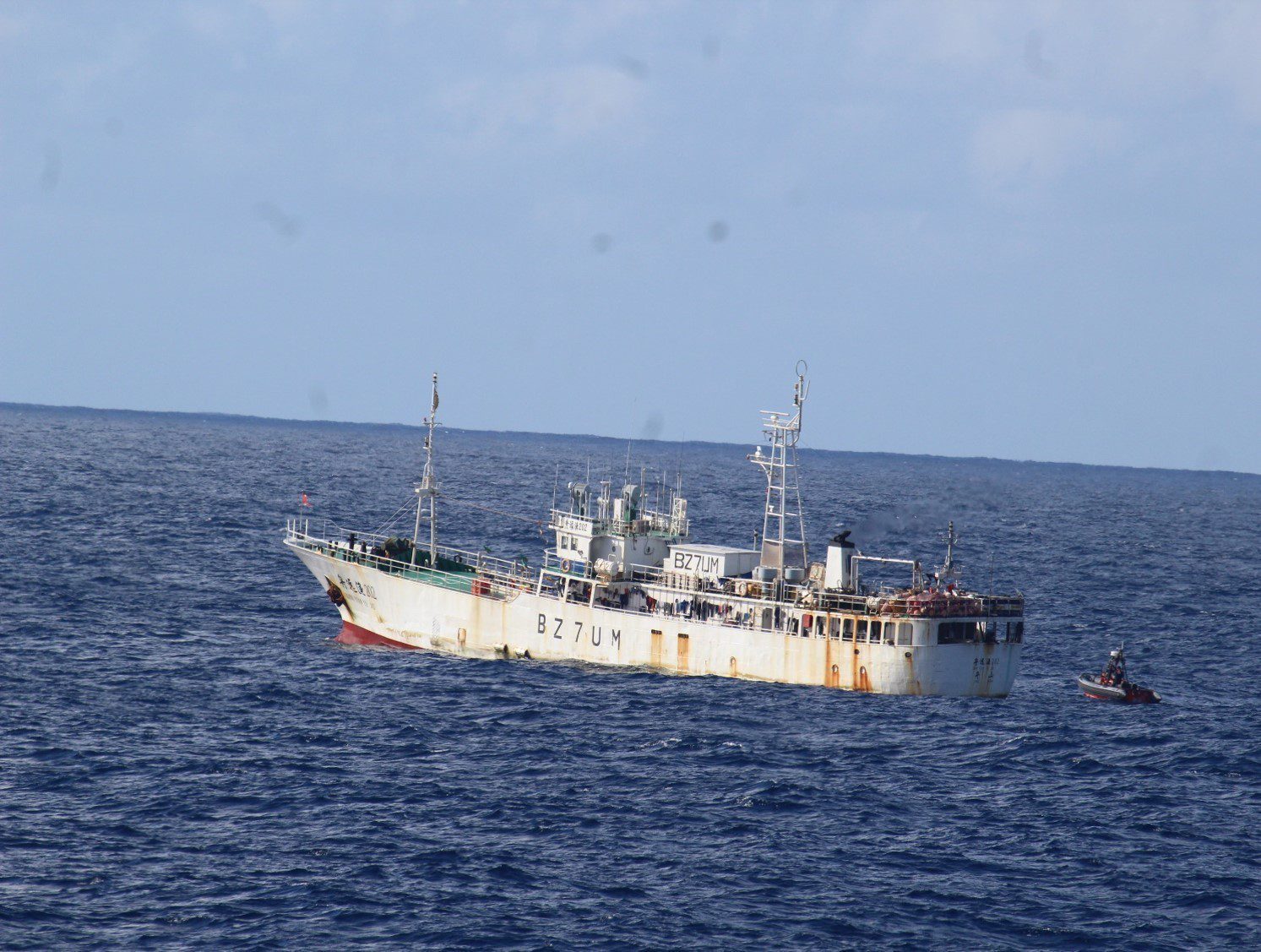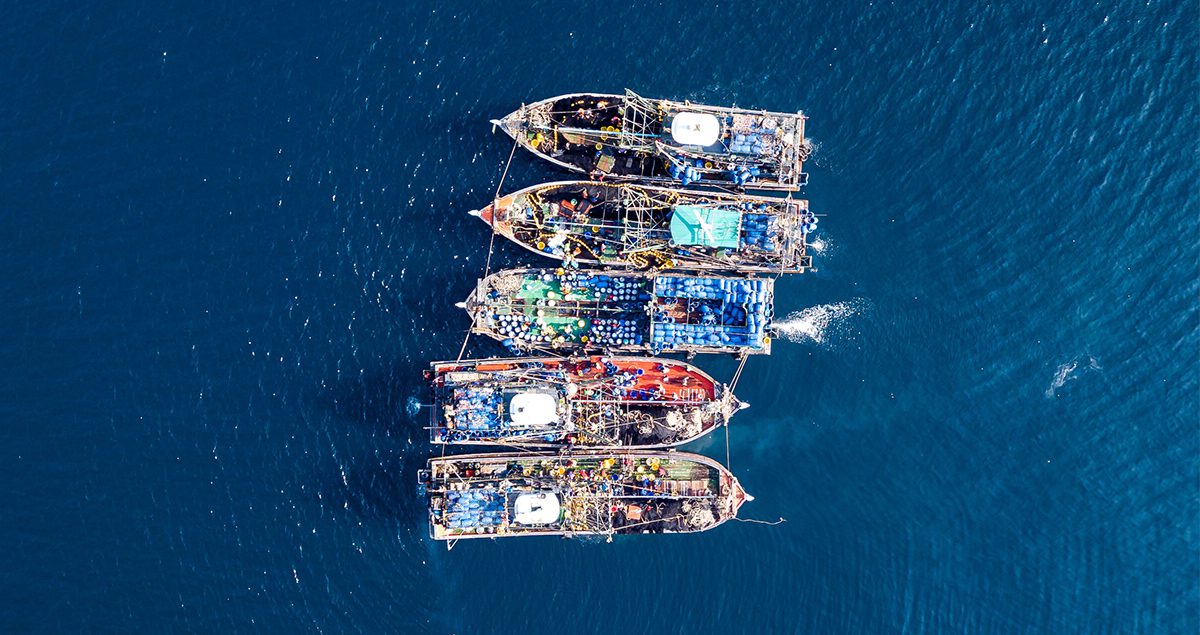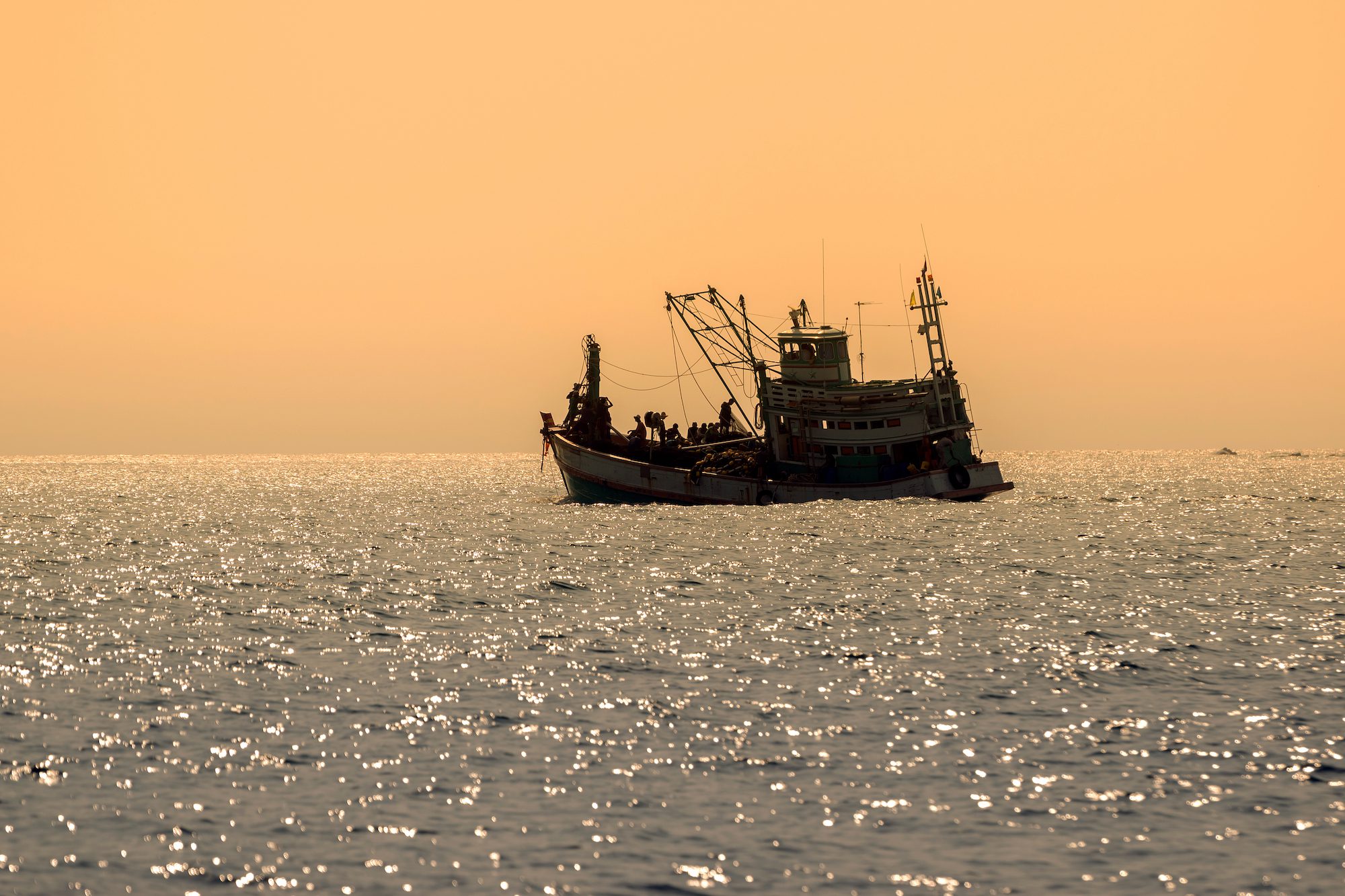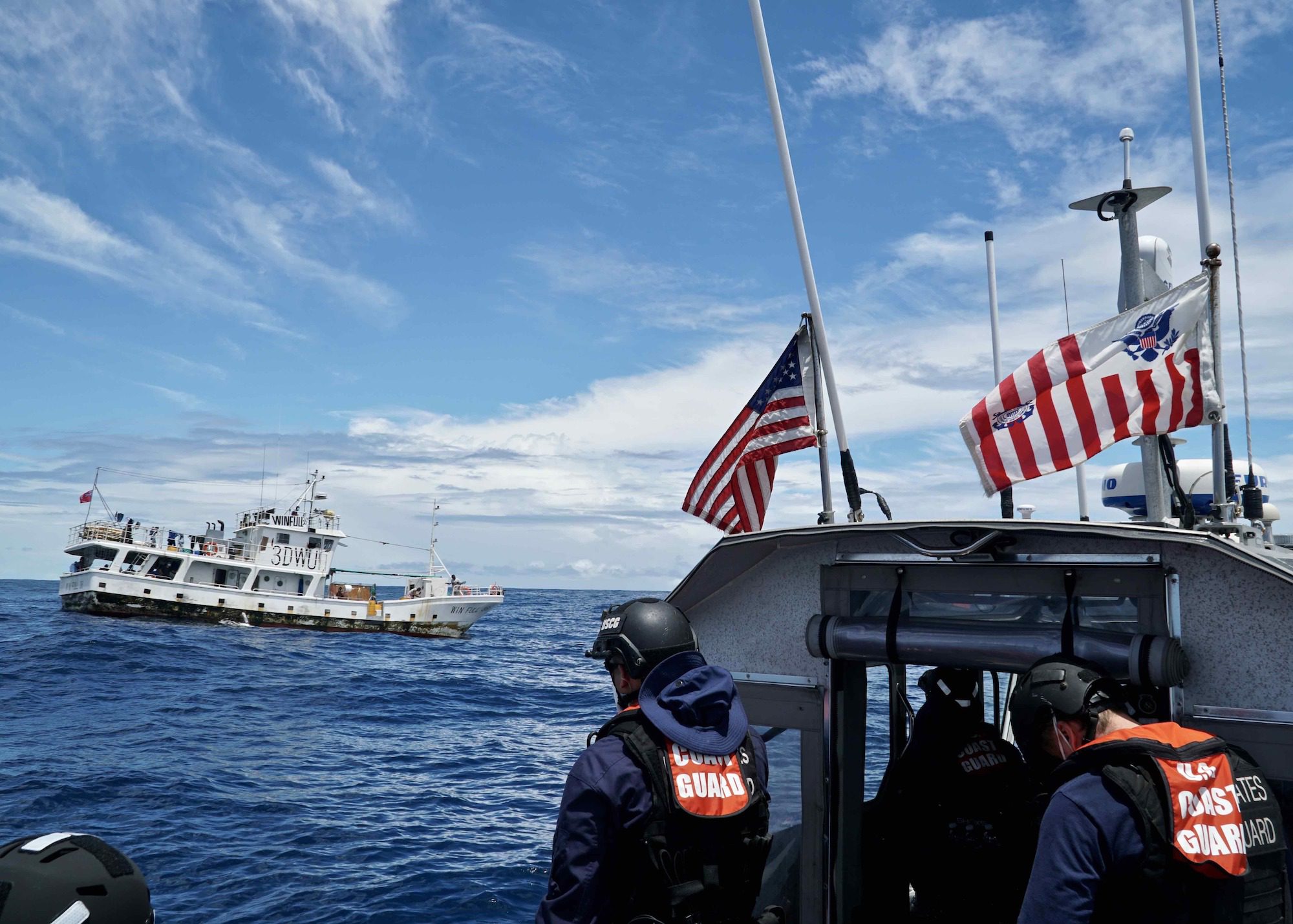The National Oceanic and Atmospheric Administration (NOAA) has identified seven nations and entities for their illegal, unreported, and unregulated (IUU) fishing activities in its 2023 report congress.
Two of those nations were also cited for issues relating to forced labor, and two were identified for issues related to shark catch.
The biennial report, titled 2023 Report to Congress on Improving International Fisheries Management, starts a two-year process for the identified nations to take the necessary steps to address IUU fishing, with potential import restrictions for those that do not comply.
The 2023 report identifies Angola, Grenada, Mexico, China, Taiwan, The Gambia, and Vanuatu as nations and entities participating in IUU fishing.
This year’s report also announced certification determinations for 31 nations and entities for illegal fishing and/or bycatch of protected living marine resources from its 2021 report, including positive certifications for Costa Rica, Guyana, Senegal, and Taiwan.
A report by the International Trade Commission found that the United States imported $2.4 billion worth of seafood derived from illegal, unreported, and unregulated (IUU) fishing in 2019, which can severely deplete fish populations, destroy habitats, and threaten global food security. IUU fishing is a low-risk, high-reward activity, especially on the high seas where a fragmented legal framework and lack of effective enforcement allow it to thrive.
“Oceana applauds the Biden administration for taking decisive action to fight illegal, unreported, and unregulated (IUU) fishing, combat forced labor, and protect marine wildlife and key species like sharks,” says Oceana’s Vice President for the United States Beth Lowell. “The United States, for the first time, is identifying countries in the report for both IUU fishing and forced labor, including China and Taiwan.”
A nationwide poll conducted by Oceana in January 2021 found that Americans overwhelmingly support policies to end illegal fishing and seafood fraud, including holding imported seafood to the same standards as U.S. caught seafood, preventing seafood caught using human trafficking and slave labor from being sold in the U.S., and requiring all seafood to be traceable from the fishing boat to the dinner plate. The poll also found bipartisan support for policies aimed at increasing transparency and seafood traceability.
Editorial Standards · Corrections · About gCaptain

 Join The Club
Join The Club











